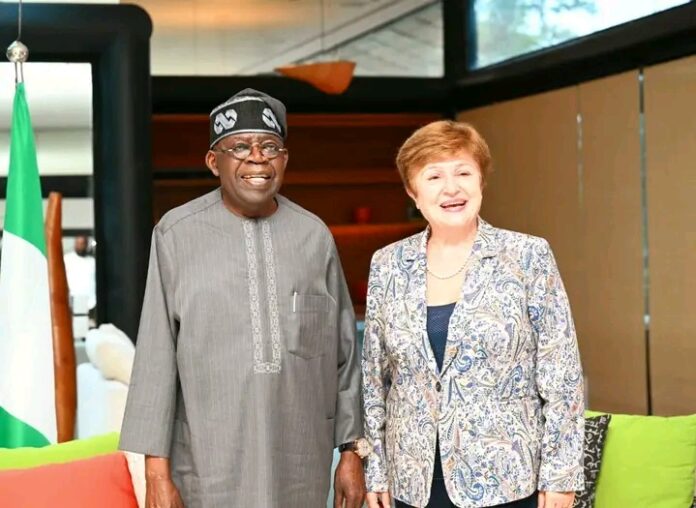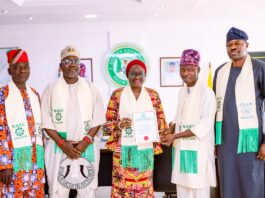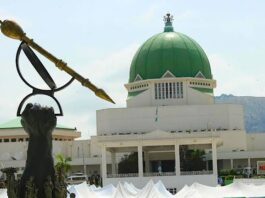• President pledges focus on vulnerable Nigerians, calls for international support
President Bola Tinubu has reaffirmed his administration’s commitment to prioritizing the welfare of the poor and most vulnerable, even as economic reforms gradually yield positive outcomes.
Speaking on Wednesday in Rio de Janeiro, Brazil, during a courtesy visit by International Monetary Fund (IMF) Managing Director Kristalina Georgieva, Tinubu assured Nigerians that measures are being implemented to alleviate the unintended hardships caused by reforms.
Acknowledging the strain on citizens’ purchasing power, Tinubu, through a statement by his spokesperson, Bayo Onanuga, said, “We have started seeing positive results from our reforms, and the Nigerian people now understand the need for them, but we have to reduce the hardship that has resulted from the implementation.”
He emphasized the administration’s ongoing efforts to strengthen social safety nets to cushion the effects of economic adjustments.
Highlighting the importance of education, Tinubu noted that his government is designing strategies to address the growing number of out-of-school children.
“We have too many children out of school, and we know that education is a way out of hunger and poverty. That is why we are designing ways and incentives to keep these children in school, and we need your support for these kids who want to stay in school,” he stated.
The President also called for international assistance to finance Nigeria’s infrastructural development while underscoring the significance of tax reforms aimed at stimulating the economy.
He explained, “We are engaging stakeholders and sensitising Nigerians to expand the economy’s tax base for inclusive developmental growth. We are doing this without necessarily increasing the taxes on our people who have already given a lot. We will require your support on this.”
Kristalina Georgieva, in her remarks, commended the Tinubu administration’s reforms and their potential for sustainable growth.
She praised Nigeria’s social investment programs as crucial to mitigating the impact of economic adjustments on vulnerable populations.
“Contrary to popular perception, the IMF is focused on supporting vulnerable societies and emerging economies. We are ready to offer technical support for your budgeting processes and ensure Nigeria achieves the best possible outcomes from loans,” she said.
Georgieva further highlighted the IMF’s role in providing resilience-building support to developing nations, particularly after global shocks like the COVID-19 pandemic.
The IMF Managing Director also disclosed that the organisation’s Executive Board has approved a third Chair for Sub-Saharan Africa, enhancing the African voice within the Fund.
She commended Nigeria for hosting the African Caucus meeting in Abuja in August and reiterated the IMF’s readiness to deepen regional economic collaborations.




